EU Agrees To Sanctions On Russia Crackdown, Myanmar Coup
EU foreign ministers on Monday agreed to impose sanctions on Russian officials for the jailing of Kremlin critic Alexei Navalny and to target Myanmar's military over its seizure of power, the bloc's top envoy said.
Russia called the move "disappointing" and "unlawful", while the United States welcomed the decision to take action against Moscow.
Diplomats told AFP the Russia sanctions would target four senior officials deemed responsible for persecuting Navalny, using the EU's new human rights regime adopted last year.
The diplomats did not name the targeted individuals but the limited move looks set to disappoint those calling for a tough response.
Navalny's associates and European lawmakers had urged the ministers meeting in Brussels to go after oligarchs accused of funding President Vladimir Putin's rule.
German Foreign Minister Heiko Maas said the sanctions were intended to send a "statement that we are not prepared to accept certain things".
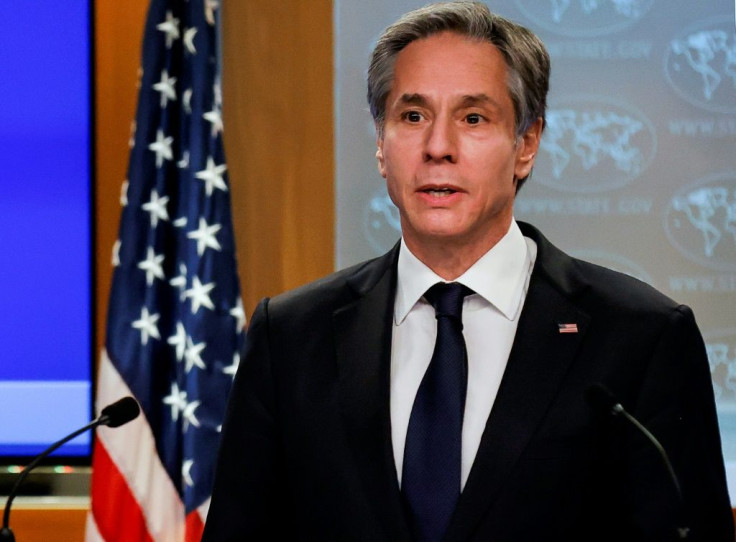
"But it is also necessary that we continue to have a dialogue with Russia," he said.
EU foreign policy chief Josep Borrell did not confirm the number of people to be targeted.
He said he would officially put forward the names to be sanctioned and hoped the measures would be in place within a week.
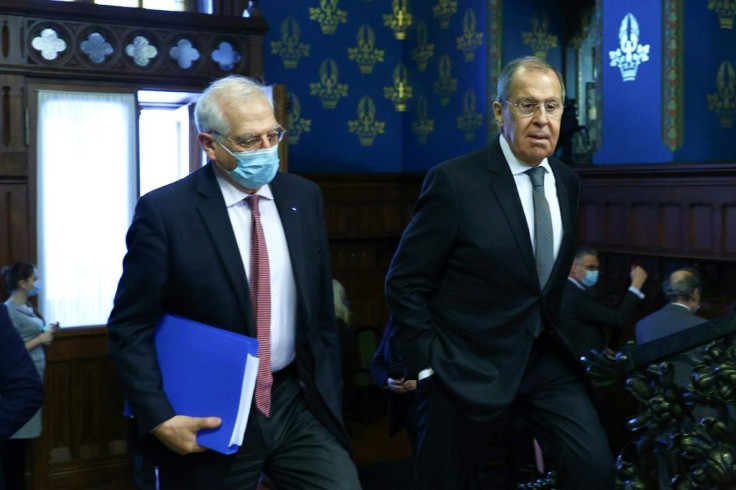
"We have to sanction the people who are directly connected to his arrest, his sentencing, his persecution," Borrell said.
Russia's foreign ministry said in a statement that the decision, "under a far-fetched pretext to prepare new unlawful unilateral restrictions on Russian citizens, is disappointing."
The new US secretary of state, Antony Blinken, took part virtually in the EU meeting and "welcomed" the decision, said State Department spokesman Ned Price.
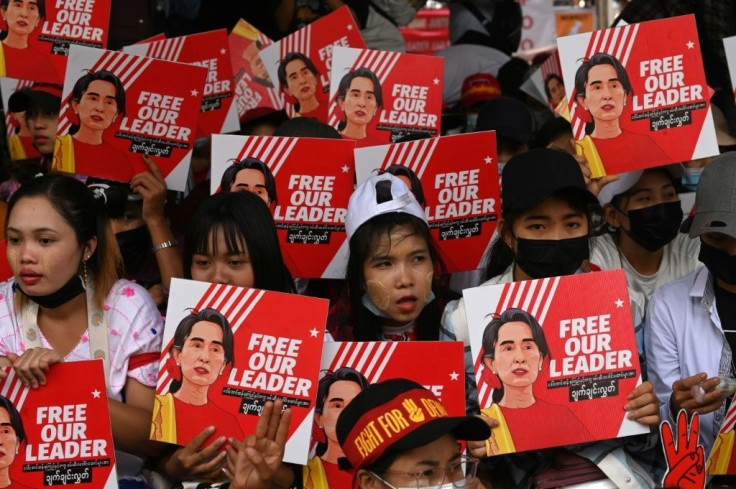
The mood towards Moscow hardened across the EU after Borrell was caught in a diplomatic ambush on a disastrous trip to Moscow this month, during which the Kremlin expelled three European diplomats.
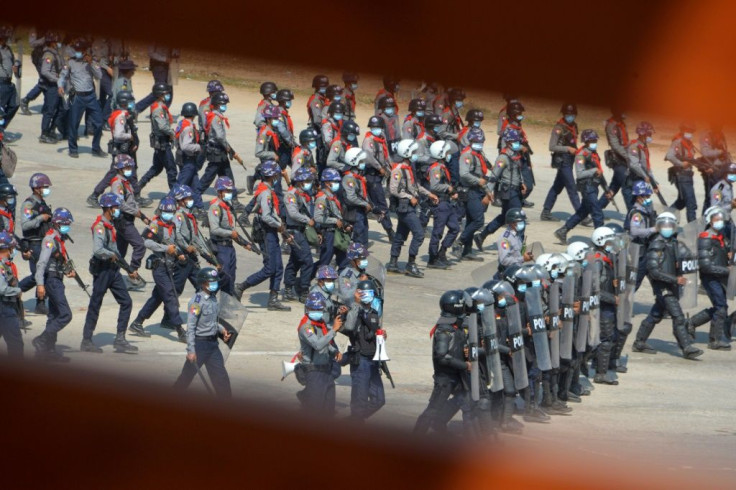
The bloc has already hit Russia with waves of sanctions over the 2014 annexation of Crimea and Moscow's role in the conflict in eastern Ukraine.
The EU in October put six officials on a blacklist over the August poisoning of Navalny with Novichok, a Soviet-era nerve agent.
Navalny, Putin's most prominent domestic critic, was this month jailed for almost three years after returning to Russia following treatment in Germany for his poisoning.
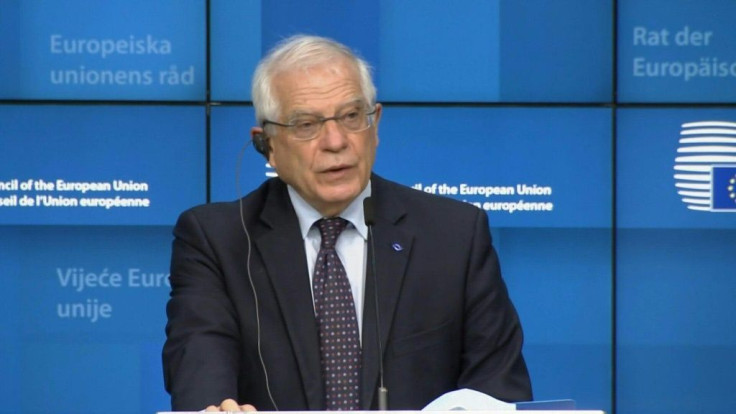
His jailing sparked nationwide protests that saw baton-wielding security forces detain thousands of people.
Two of Navalny's closest associates pressed for sanctions against Putin's top circle at a meeting with eight EU foreign ministers in Brussels on Sunday.
"If it's just 10 Kremlin officials who don't travel abroad and don't have assets abroad, then, indeed, it would not be painful," Navalny's key aide Leonid Volkov told journalists.
European ministers agreed to press on as well with sanctions against Myanmar's military over its coup this month and to withhold some development aid.
"We took the political agreement to apply sanctions targeting the military responsible for the coup and their economic interests," Borrell said.
"All direct financial support from our development system to the government reform programmes is withheld."
The military ousted and detained civilian leader Aung San Suu Kyi in a coup that has drawn international condemnation -- and it has launched an increasingly bloody crackdown on demonstrators.
Borrell insisted the bloc would not curb trade ties with the southeast Asian nation as that could hit the general population.
European ministers also added 19 Venezuelan officials to a blacklist for "undermining democracy" and for human rights abuses after the EU rejected legislative elections in December as undemocratic.
The bloc discussed the ongoing repression in Belarus and said it would consider the need for a fourth round of sanctions against President Alexander Lukashenko's government.
Ministers also eyed China's crackdown on Hong Kong as the EU attempts to gauge whether it should beef up its response.
Borrell said Brussels would look to support Hong Kong's civil society as a first step and would consider more measures if the situation deteriorated.
Both sides are looking to put the tensions of Donald Trump's tenure behind them as they seek to cooperate on a raft of issues.
Monday's discussion looked at the approach to common adversaries like Russia and China, and efforts to bring the US back into the hard-won 2015 Iran nuclear deal.
The EU is looking to broker a meeting between Washington, Tehran and other signatories -- including Moscow -- to salvage the accord after Trump quit it in 2018.
© Copyright AFP 2024. All rights reserved.











